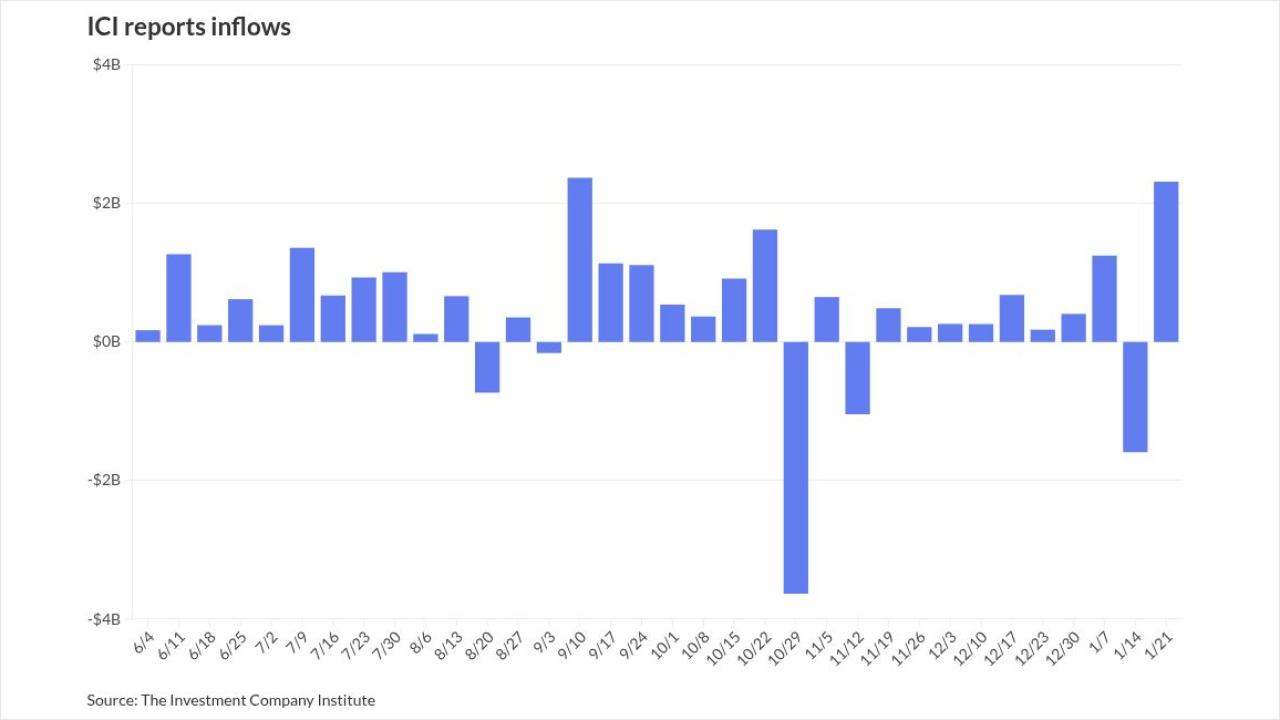
A Michigan congresswoman's bill would transfer the Financial Industry Regulatory Authority's rulemaking, examination and enforcement authority to the Securities and Exchange Commission but some – including a former SEC enforcement attorney – say the SEC as it's currently structured lacks the capacity to handle that.
The bill, H.R. 2689, was introduced by Rep. Lisa McClain, R-Mich., April 7 and referred to the U.S. House Committee on Financial Services. It calls for amending the Securities Exchange Act of 1934 "to transfer authorities and duties of registered national securities associations" to the SEC.
While the bill doesn't mention FINRA specifically, FINRA, a self-regulatory organization for member broker-dealers, is currently the only registered national securities association. FINRA's responsibilities include examining its members, including those that are municipal securities dealers or municipal advisors and enforcing Municipal Securities Rulemaking Board rules.
In an April 10 press release regarding the bill, Rep. McClain said it is "past time" for Congress to put a stop to FINRA's abuse of its authority.
"FINRA has drifted far from its intended purpose of safeguarding investors and ensuring fairness in financial markets," McClain said in the release. "This bill puts the power back where it belongs—with a federal agency that is subject to congressional appropriations and oversight."
McClain, who serves on the House Financial Services Committee, isn't the only member of that committee who has criticized FINRA. Rep. Maxine Waters, D-Calif., the top Democrat on the committee, has also expressed concerns.
"FINRA, whose leadership is appointed by Wall Street, imposes weaker penalties compared to government regulators, lets broker misconduct go unchecked, permits board member conflicts of interest, and lacks any cap on executive compensation," Waters said in her opening statement during a Capital Markets Subcommittee hearing, Waters said in a December 2023 press release issued by House Financial Services Committee Democrats.
Efforts this week to obtain comment on the bill from Rep. Waters yielded no response.
McClain's bill is far from the only challenge FINRA is facing these days. Chapter 27 of the policy agenda for Project 2025, an initiative organized by The Heritage Foundation, calls for abolishing FINRA and moving its regulatory functions to the SEC.
In February, Alpine Securities Corp. filed a petition with the U.S. Supreme Court seeking a review of a lower court's decision in Alpine's case against FINRA. The Supreme Court should grant the review in part to consider "whether FINRA's unusual status as the purportedly private enforcer of the federal securities laws violates the Constitution's structural provisions," Alpine's petition said.
"This would be bad," said Benjamin Edwards, a professor of law at the William S. Boyd School of Law at the University of Nevada, Las Vegas, when asked what
Also, because FINRA "isn't ordinarily deemed a state actor, it can operate without as much due process as the SEC," Edwards said.
"The SEC would need resources to both duplicate FINRA's work and more resources to do it as a government agency," he said, adding "I doubt this legislation has any serious chance of passing."
Andrew Feller, a former SEC enforcement attorney who is now senior special counsel at the law firm Kohn, Kohn & Colapinto, also doesn't think the SEC as it is currently structured has the capacity to take over FINRA's duties.
"The SEC absolutely could not absorb FINRA's functions, which include regulation, inspections, and enforcement, without a significant increase in funding and personnel," Feller said. "FINRA has a large number of people working in each of those functions and it's hard to see how the SEC could or would perform them with significantly fewer personnel."
In addition, FINRA has invested a lot in technology in recent years, "and the costs to either duplicate or transition that technology would likely be significant," he said.
"Given that FINRA's funding comes from its members, a transition to the SEC would likely require the imposition of a similar fee structure," Feller said.
If the SEC "were to seek to impose significant additional fees on industry members to fund any new activities from absorbing FINRA's functions," that would create an opportunity for industry pushback via the political process, the attorney said. That could decrease the likelihood of the SEC having enough resources to carry out FINRA's functions at their present level, he said.
"Obviously FINRA is facing unprecedented challenges right now, and it's not unthinkable that there will be significant changes to some of its structure and processes in the coming years," Feller said. "I would not be surprised to see changes to the enforcement and arbitration processes, for example, to provide more process similar to that available in federal courts."
Given the significant benefits the industry derives from self regulation, Feller said he would be surprised to see widespread support for abolishing FINRA completely. Still, it's likely that there will continue to be challenges to FINRA that get some traction, he said.
"With that said, I am hopeful that both Congress and the industry will recognize that self-regulation was a fundamental part of the regulatory structure created in 1934 and find a way to preserve it in some form," Feller said.
Asked to comment regarding the bill introduced by Rep. McClain, FINRA provided a statement via spokesperson.
"For 85 years, FINRA, the private, self-regulator of broker-dealers, has protected investors, promoted market confidence and safeguarded market integrity at zero cost to the American taxpayer," the statement said in part. "Our unique model allows us to do this by taking input from all market participants including our members as well as investors, trade associations and other interested parties."





